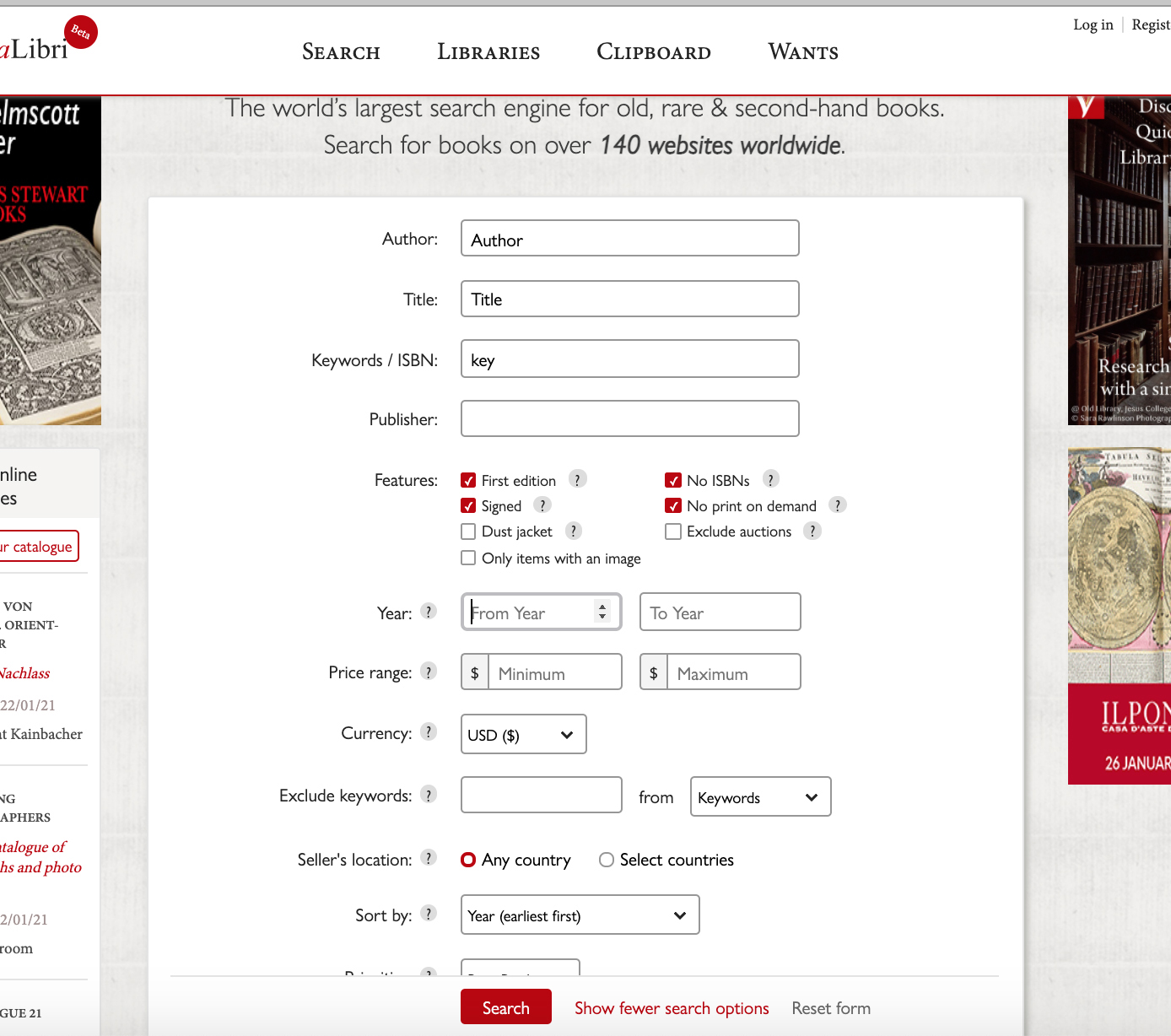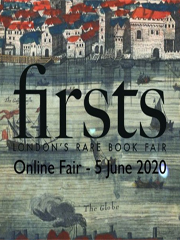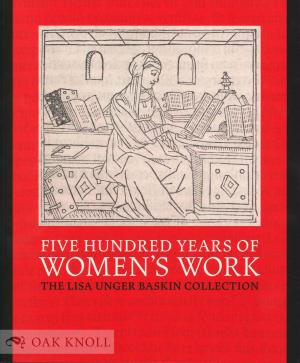No, we haven’t finished yet. It was more than three weeks ago that we first announced the public launch of the beta version of the redesigned viaLibri website, but it was still a work in progress. The new site had already been under development for over 3 years and in that time had undergone a substantial update in both features and appearance. We knew that change is always dangerous when attempting to update a website that already had a loyal and contented following. We also knew that over the years our regular users have always been generous with suggestions and feedback. Their observations had always been a valuable guide to our evolving design. For those reasons we were eager to know how they would react to the changes we were preparing to show to them. We were also eager to receive their feedback and make sure that the website we were trying to build for them would still be the tool they actually wanted to use.
We were thus very gratified by the initial response from our bookselling colleagues and other long time users. We were happy to hear several of them describe the new design as “modern” (which they liked) and that they were pleased that we are at last mobile-friendly, a step which had been long overdue.
But the most useful responses were the ones we received from many of our long-standing and regular users, some of whom we had never heard from before, who waited for several days before sending their long and carefully described verdicts. From these we learned many useful things. The first thing we learned was how much our users liked viaLibri as it already was and how unhappy many of them were to see it change. For some it was just a matter, readily acknowledged, of annoyance at needing to replace old habits with new. But there were also some whose habits were natural and productive. We did not want to replace them with others that would not serve as well. Fortunately, in most cases, updates and redesigns were possible and we were able to incorporate them into the new version in ways that generally made the site better than it would otherwise have been.
One complaint that was especially frequent and strongly felt was a factor in many of the latest changes we have made. We now know that our customers very much prefer a compact site. They don’t like to scroll and prefer a cramped page to a spacious one if that is the price for minimising the number of screens that must be scrolled. And they don’t like empty white space for similar reasons.
This is just a sampling of some of the things we learned and have incorporated into this latest version of our redesign. I don’t doubt that there will be even more helpful feedback following this latest release. We look forward to receiving it, because we haven’t finished yet.





 The ILAB has organised a ZOOM webinar for members of the worldwide book trade to discuss the COVID-19 pandemic and its impact on their business now and in the future
The ILAB has organised a ZOOM webinar for members of the worldwide book trade to discuss the COVID-19 pandemic and its impact on their business now and in the future